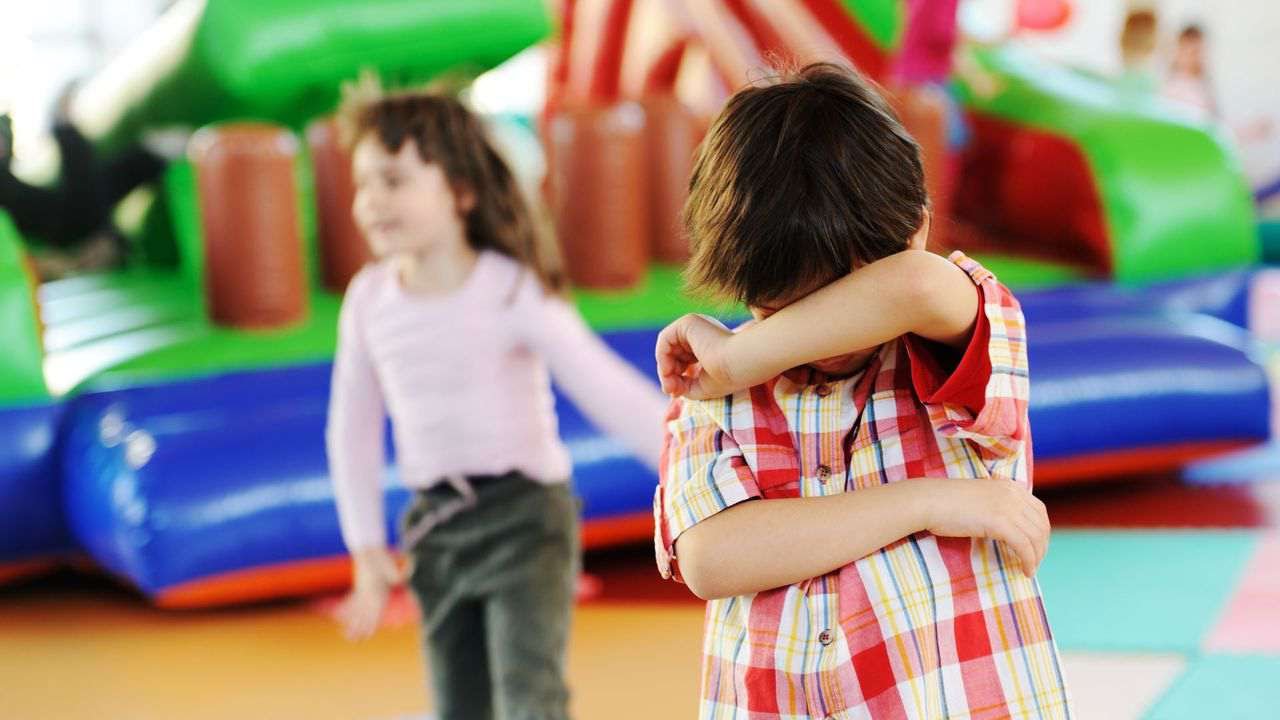
Some people may think that occupational therapy is only for adults; kids, after all, do not have occupations. But a child’s main job is playing and learning, and occupational therapists can evaluate kids’ skills for playing, school performance, and daily activities and compare them with what is developmentally appropriate for that age group.
For children with developmental delays or a known physical or mental condition associated with a high probability of delays, occupational therapy can help improve their motor, cognitive, sensory processing, communication, and play skills.
- Assist children in honing their fine motor skills so that they can grab & release toys and then develop decent handwriting.
- Hand-eye coordination needs to be addressed in order to improve children’s learning and development & school skills ( such as hitting a target, copying from a blackboard, batting a ball, etc.)
- Assist children with severe developmental disabilities in learning essential skills (such as bathing, brushing their teeth, getting dressed, and feeding themselves.
- Assist children with behavioural issues Maintain a good attitude in all situations (e.g., instead of hitting others or acting out, using the positive ways to deal with anger, such as writing about feelings in the mind or participating in any physical activity)
- Educate children with physical disabilities the coordination skills they need to feed themselves, utilise a computer, or improve their handwriting speed and legibility
- Evaluate a child’s need for specialized equipment, such as wheelchairs, splints, bathing equipment, dressing devices, or communication aids
- Work with kids who have sensory and attentional issues to improve focus and social skill
